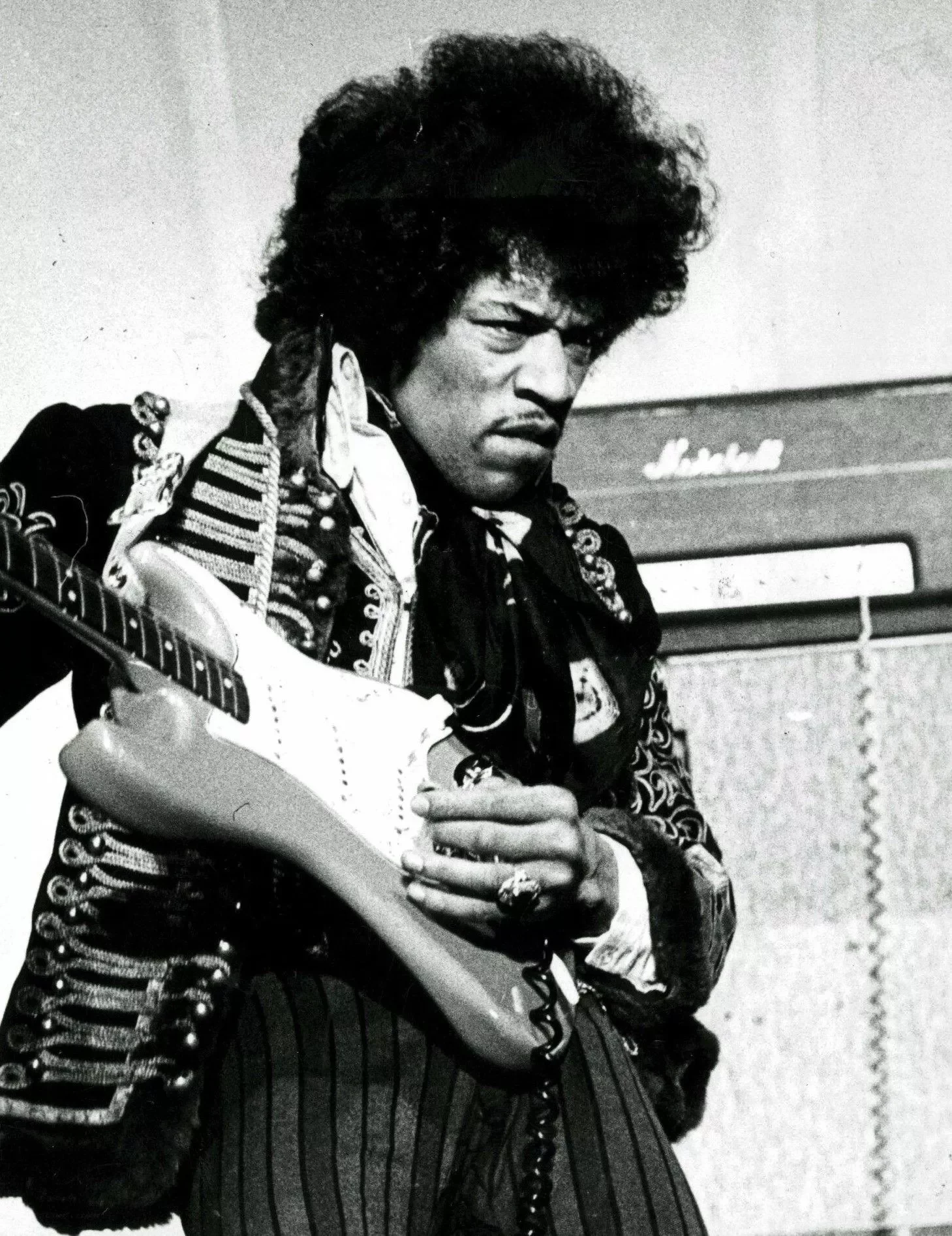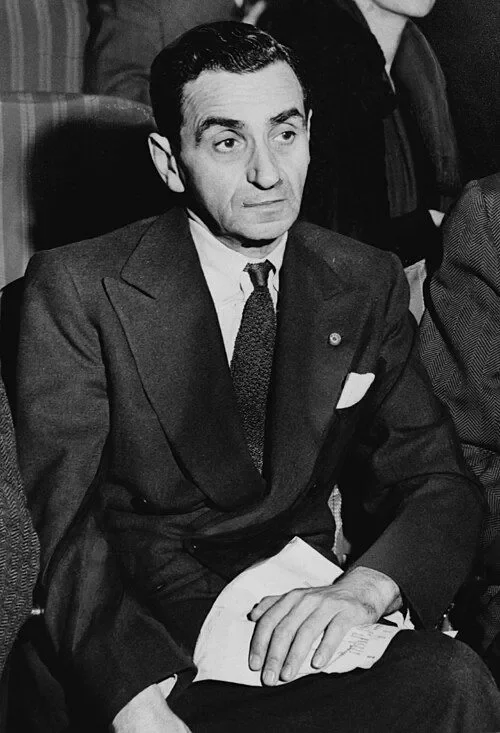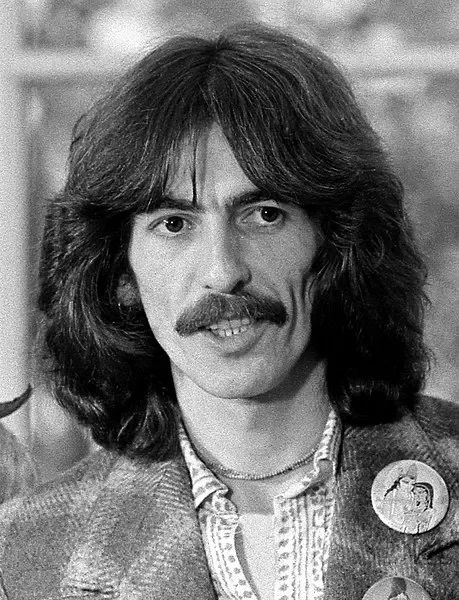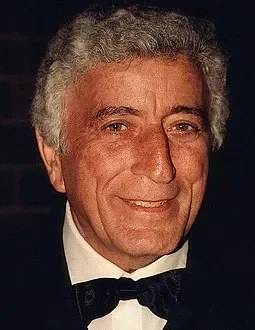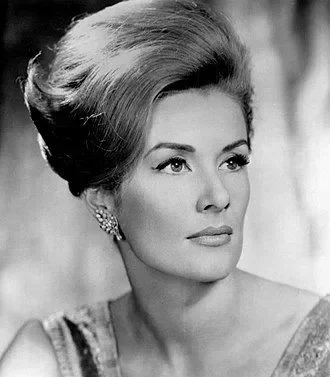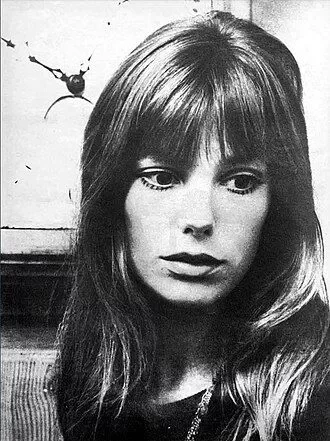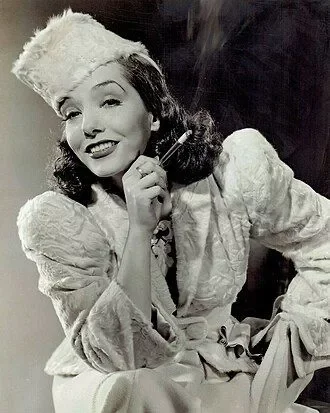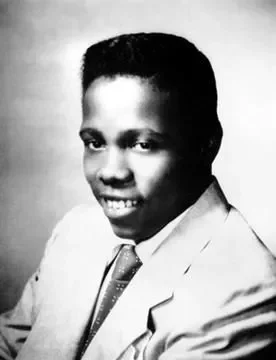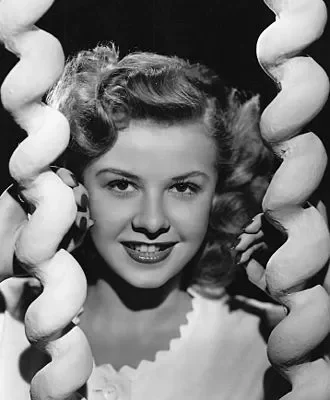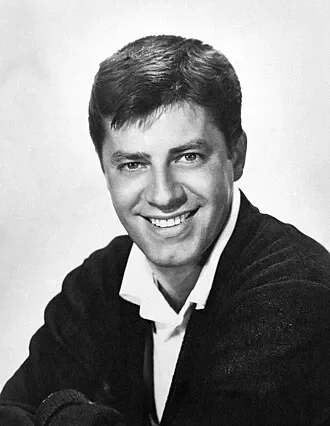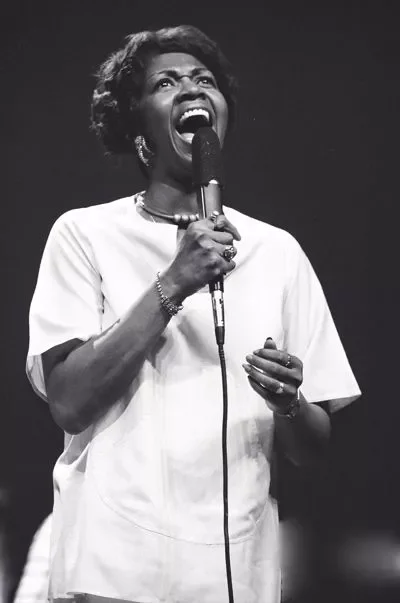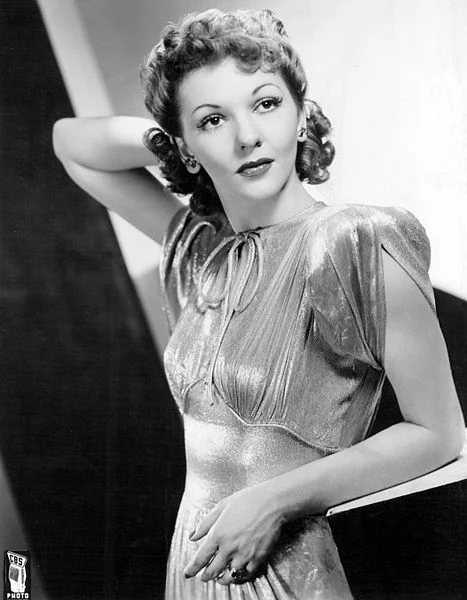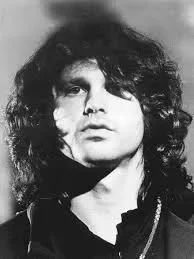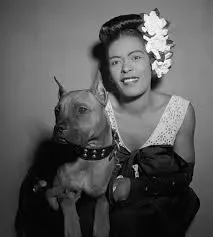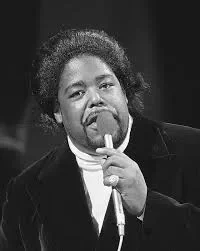Real Celebrities Never Die!
OR
Search For Past Celebrities Whose Birthday You Share
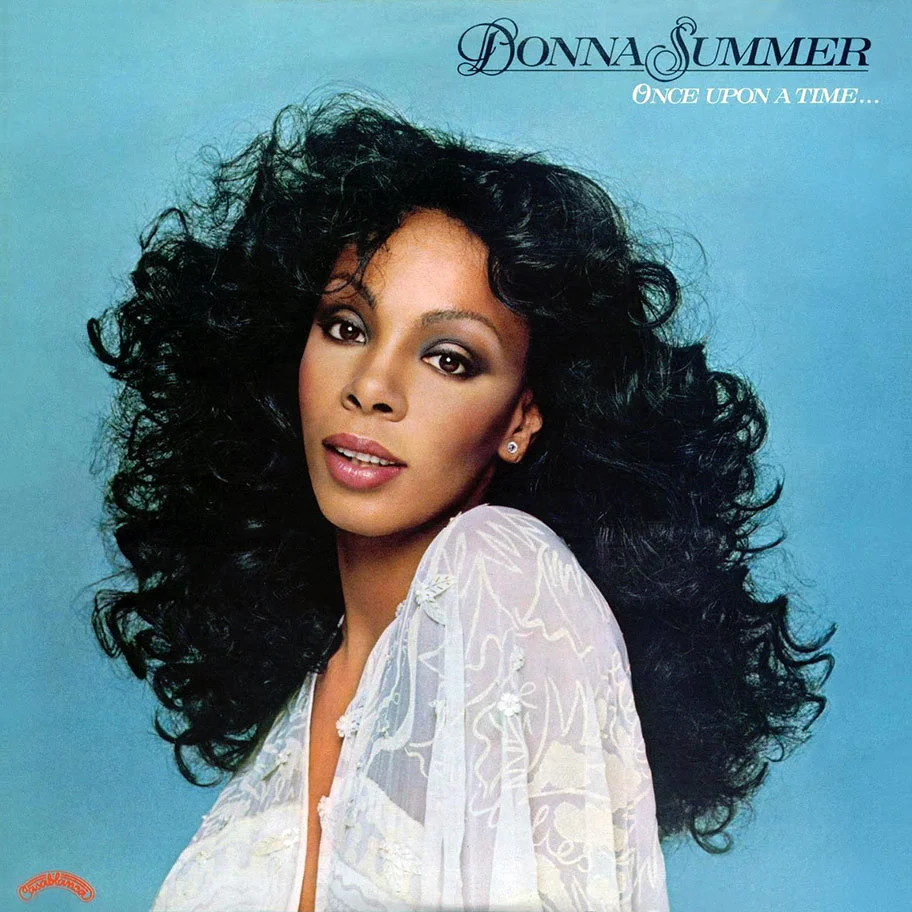
giorgiomoroder.com
Donna Summer
Birthday:
31 Dec, 1948
Date of Death:
17 May, 2012
Cause of death:
Lung Cancer
Nationality:
American
Famous As:
Singer
Age at the time of death:
63
LaDonna Adrian Gaines's Quote's
Donna Summer was the pulse of an era, the glittering sound that turned dance floors into sanctuaries and music into liberation. With a voice that could purr, cry, and soar, she revolutionised pop culture, not by chasing the spotlight, but by becoming its beacon. Her journey was one of reinvention, resilience, and rhythm, echoing far beyond the thump of a dance beat.
Early life: A Childhood Scored by Gospel and Grit
Born LaDonna Adrian Gaines on December 31, 1948, in Boston, Massachusetts, Donna Summer was raised in a devout Christian household, the third of seven children in a working-class African-American family. Her father was a butcher; her mother, a schoolteacher. Music was both a gift and a given in her home. From an early age, she sang gospel in the Mission Church choir, often surprising congregants with a voice that carried wisdom far beyond her years.
Her first defining moment came at age ten, when she filled in for a no-show singer during a church service. The hush that fell over the congregation as her voice soared was not just awe—it was recognition. Something rare had been unleashed.
Education: Learning to Speak the World’s Language Through Song
Summer’s education was more than books and blackboards. It was harmony, performance, and poetry. She attended Jeremiah E. Burke High School, where her teachers noted her charisma and vocal talent. But it was the streets and stages of Boston that shaped her more than any classroom could. After school, she devoured records by Mahalia Jackson and Dionne Warwick, studying phrasing and tone like they were sacred texts.
At eighteen, just weeks before graduation, she made a bold move: she left Boston for New York City to audition for a touring production of the rock musical Hair. She landed the role and a passport to Europe.
Career Milestones
Early Career: Europe and the Making of a Star
Summer's career truly began not in America, but in Munich, Germany. After settling there in the late 1960s, she became fluent in German and immersed herself in the European music scene. She performed in productions like Porgy and Bess and Godspell, slowly building a reputation not just as a performer, but as a vocal powerhouse with operatic range and magnetic presence.
She met producers Giorgio Moroder and Pete Bellotte in Munich. It was a meeting that would transform pop music. In 1975, their collaboration birthed the track “Love to Love You Baby,” a song so sultry it reportedly had to be faded early for U.S. radio airplay. But the full 17-minute version became a sensation in clubs, a siren call that signalled disco had arrived and Donna Summer was its reigning goddess.
Peak Years: The Queen of Disco Takes Her Throne
Between 1976 and 1980, Donna Summer owned the airwaves. Hits like “Last Dance,” “Bad Girls,” “Hot Stuff,” and “I Feel Love” not only topped charts but changed them. “I Feel Love,” in particular, was a revelation: a hypnotic fusion of synthetic beats and ethereal vocals that pioneered electronic dance music. Brian Eno reportedly told David Bowie upon hearing it, “This single is going to change the sound of club music for the next fifteen years.” He wasn’t wrong.
Her 1979 double album Bad Girls solidified her superstar status. It was a blend of rock, soul, and disco. It was a sonic portrait of a woman unafraid to evolve. She became the first artist to have three consecutive double albums reach No. 1 on the Billboard charts. She wasn’t just selling records; she was shaping the culture.
Later Career: Reinvention and Reflection
As disco faced backlash in the 1980s, Summer didn’t vanish but pivoted. She embraced pop, rock, and gospel, earning another hit with “She Works Hard for the Money,” an anthem of working women that proved her storytelling was as powerful as her pipes. She continued to tour, release music, and experiment, even earning a Grammy for Best Inspirational Performance in 1997.
A lesser-known fact? Donna was also a painter. Her visual art, often abstract and colourful, became another outlet for her boundless creativity.
Personal life: Behind the Spotlight
Offstage, Donna Summer was deeply spiritual, a born-again Christian who often spoke about the role of faith in her life. She was also a devoted wife and mother, raising three daughters and frequently turning down work to prioritise her family. Though she lived much of her life in the limelight, she guarded her privacy fiercely, preferring the quiet of home life to Hollywood flash.
Her charisma wasn’t performative; it was rooted in warmth and humility. Friends described her as a grounded, generous spirit who never lost touch with where she came from.
The Legacy of Donna Summer
When Donna Summer passed away from lung cancer in 2012, the world lost a symbol of liberation, glamour, and transformation. She was posthumously inducted into the Rock & Roll Hall of Fame in 2013, a long-overdue recognition of her genre-blurring impact.
But her real legacy lives on in every dance beat, every liberated lyric, every performer who dares to be bold from Beyoncé to Daft Punk, traces of her innovation ripple through generations. Disco may have had its detractors, but Donna Summer outlived the trend because her music was never just about the beat but the feeling.
She made music that made people feel free. And in doing so, she gave the world not just songs to dance to, but a reason to dance at all.
Name:
LaDonna Adrian Gaines
Popular Name:
Donna Summer
Gender:
Female
Cause of Death:
Lung Cancer
Spouse:
Place of Birth:
Boston, Massachusetts, United States
Place of Death:
Naples, Florida, United States
Occupation / Profession:
Personality Type
Entertainer ESFP-A / ESFP-T Spontaneous, energetic and enthusiastic people – life is never boring around them. Donna Summer was a radiant, charismatic, expressive, and fearless performer who turned life into art and the dance floor into a revolution
Despite her sultry musical persona, she was a devout Christian and often included gospel influences in her later work.
Donna Summer spoke fluent German and recorded several songs in the language during her years living in Europe.
She was a talented visual artist and exhibited her paintings in galleries later in life.
Donna Summer was a five-time Grammy Award winner whose influence reshaped the music industry.
Her groundbreaking track “I Feel Love” is widely credited with laying the foundation for electronic dance music.
Known as the "Queen of Disco," she sold over 100 million records worldwide and was posthumously inducted into the Rock & Roll Hall of Fame in 2013.
She became the first artist to have three consecutive double albums hit No. 1 on the Billboard charts and scored four No. 1 singles in just over a year.

